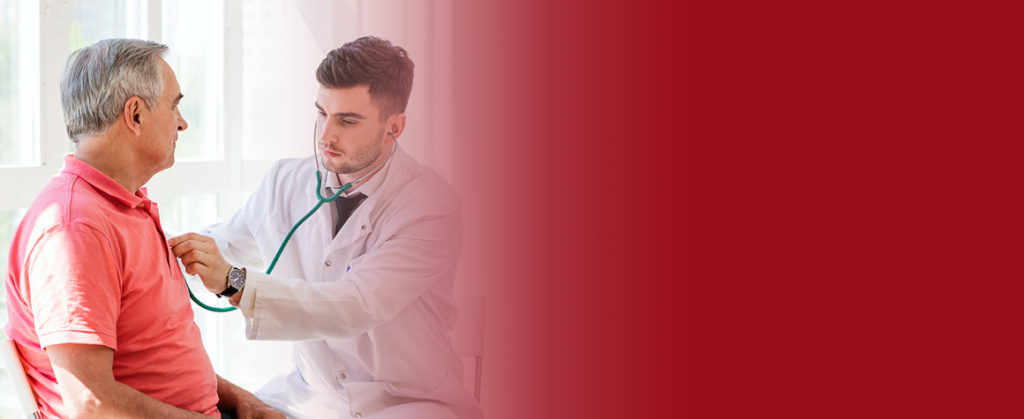Effective Strategies for Preventing Dehydration
Effective strategies for preventing dehydration include drinking plenty of fluids throughout the day and consuming water-rich foods such as fruits and vegetables. It’s also important to monitor signs of dehydration and adjust your fluid intake based on activity levels and environmental conditions. For more information, please contact us or use our online check-in. We have convenient locations in Ruther Glen and Alexandria, VA.




Table of Contents:
What are the key signs of dehydration to watch for?
How much water should an individual drink daily to prevent dehydration?
How can you adjust your hydration strategy in hot weather?
What hydration tips are recommended for children and the elderly?
Dehydration can sneak up on anyone, especially when spending time in hot weather or engaging in rigorous activities. Some of the signs of dehydration that you should look out for include:
• Thirst and dry mouth – One of the most obvious signs of dehydration is feeling thirsty. Along with thirst, it’s common to notice a dry or sticky feeling in your mouth.
• Dark yellow urine – Urine color is a reliable indicator of hydration status. If you notice your urine is darker or more yellow than usual, it means you’re not drinking enough fluids.
• Fatigue and weakness – Dehydration can lead to symptoms such as fatigue and weakness. This happens because your body struggles to maintain blood flow and circulation without adequate fluids.
• Headaches – A common symptom of dehydration is a headache. Headaches caused by dehydration can range from mild to severe and are often a result of reduced blood flow to the brain.
• Dizziness and lightheadedness – When you’re dehydrated, it’s common to experience dizziness or lightheadedness, especially when standing up quickly.
As a general rule, it’s advised to drink at least 8 glasses of water per day. While for most, 8 glasses of water is enough, others will need to drink more, especially if they are outside in the heat or exercising. Ideally, men should aim for 3.7 liters (15.5 cups) of fluids per day, while women should drink about 2.7 liters (11.5 cups) of fluids daily.
If you want your body to function well, you need to continuously replenish the fluids you lose through sweating, urination, and breathing. The amount of water a person needs can vary slightly based on various factors, including age, weight, activity level, general wellness, and current weather conditions. For instance, individuals with chronic health conditions, such as kidney stones, may need to increase their fluid intake. In addition, women who are pregnant or breastfeeding need additional fluids to stay well-hydrated.
As hot weather significantly increases the risk of dehydration, it is essential to adjust your fluid intake accordingly. It’s important not to wait until you’re thirsty to drink, as this is a late sign of dehydration. Instead, it’s best to drink water consistently throughout the day, especially during the warmer months.
When you are sweating a lot, you lose not only fluids but also crucial electrolytes like sodium and potassium. Sports drinks or oral rehydration solutions are a great way to replace these lost electrolytes. In addition, as both alcohol and caffeine can increase water loss and contribute to dehydration, it’s recommended to limit these beverages and replace them with water.
On hot summer days, it’s a great idea to incorporate fruits and vegetables with high water content, such as cucumbers, watermelons, and oranges, into your diet. Furthermore, you should opt for lightweight, light-colored, and loose-fitting clothing to help your body stay cool, reduce the amount of sweating, and prevent dehydration.
As children and the elderly are especially susceptible to dehydration, it’s essential to support them by reminding them regularly to drink enough water. With children, you should encourage them to drink water regularly throughout the day, especially during play. Sometimes, plain water is not appealing to kids. If this is the case, you can offer flavored water, diluted fruit juices, or water-rich fruits like watermelon and strawberries. In addition, it’s recommended to use fun, colorful water bottles that children will enjoy using and remind them to drink.
For elderly individuals, it’s best to establish a regular drinking schedule, as older adults might not feel as thirsty and can easily forget to drink. Caregivers should monitor fluid intake and watch for signs of dehydration, such as dry mouth, fatigue, and confusion. It’s best to keep water within easy reach and use cups with lids and straws for those with mobility or coordination issues. For more information, please contact us or use our online check-in. We have convenient locations in Ruther Glen and Alexandria, VA. We serve patients from Alexandria VA, Huntington VA, Arlington VA, Ruther Glen VA, Bagdad VA, Athens VA, Doswell VA, and surrounding areas.
Check Out Our 5 Star Reviews





